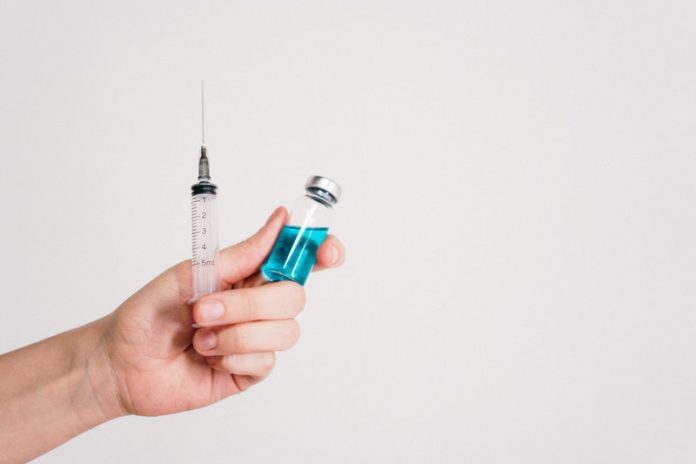
In a new study, researchers found evidence that contributes to the ongoing debate regarding the use of hydroxychloroquine in the current pandemic.
They tested 3,451 patients in 33 hospitals throughout the Italian territory and found that the use of this drug reduces by 30% the risk of death in hospitalized patients affected by COVID-19.
The research was conducted by a team at Istituto Neurologico Mediterraneo Neuromed I.R.C.C.S.
In the study, the team analyzed data regarding current and previous diseases, therapies followed before the infection, and drugs administered in the hospital specifically for the treatment of COVID-19.
All this information was compared with the evolution and the final in-hospital outcome of the infection.
They found that patients treated with hydroxychloroquine had a 30% lower in-hospital mortality rate compared to those not receiving this treatment.
The drug efficacy was evaluated in various subgroups of patients.
The positive results of hydroxychloroquine treatment remained unchanged, especially in those patients showing a more evident inflammatory state at the moment of admission to the hospital.
The team says while waiting for a vaccine, identifying effective therapies against COVID-19 is an absolute priority.
Findings from the study support the use of hydroxychloroquine.
At variance with some studies carried out in other countries, where the efficacy of the drug was not observed, it is important to note that the doses of hydroxychloroquine adopted in Italy (200 mg, twice a day) are lower than the ones used in those research.
The team hopes that this research will make an important contribution to the international debate on the role of hydroxychloroquine in the treatment of hospitalized patients for coronavirus.
Further observational studies and ongoing clinical trials will be needed to better assess the role of this drug and the most appropriate administration methods.
One author of the study is Augusto Di Castelnuovo, an epidemiologist at the Neuromed Department of Epidemiology and Prevention.
The study is published in the European Journal of Internal Medicine.
Copyright © 2020 Knowridge Science Report. All rights reserved.



